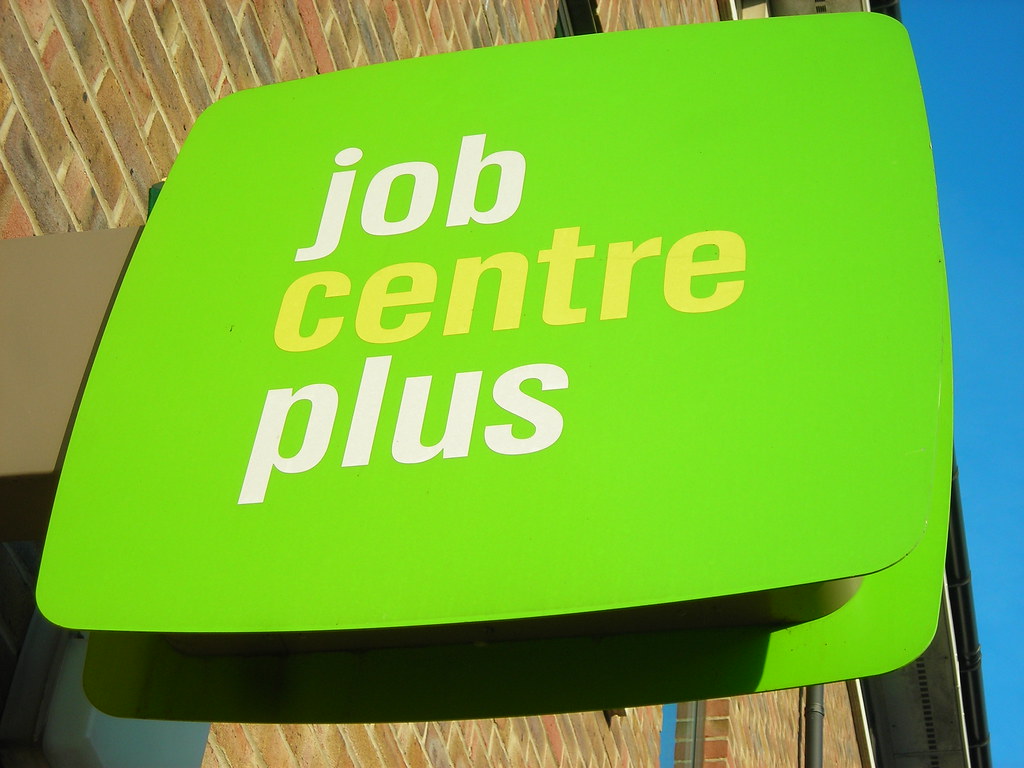With £7bn less borrowed than initial estimates predicted in the last financial year, pressure is mounting on Downing Street to provide more assistance to the most vulnerable in Britain.
As inflation continues to surge in the UK, already having reached its highest level in four decades, and reports showing that since the start of 2022 wages have fallen in real terms at their sharpest rate for seven years, news that UK Government borrowing for the 12 months to April has been revised down by £7bn places yet more pressure on policymakers to boost support for the most vulnerable as the cost of living crisis deepens.
So far, an overall package worth £22bn – comprising payments of around £350 to most households – has been introduced in a bid to help with skyrocketing energy bills, which increased by 54% last month with a further hike of around 40% expected in October. However, critics point to personal tax increases effectively cancelling out the impact of this, while cuts to corporation rates, with more targeted reductions planned for autumn, suggest more empathy for businesses as oppose to people.
However, the Chancellor Rishi Sunak has continually warned that rising inflation means repayments on national debt are highly volatile, with problems predicting how much monthly costs will be in the mid-term. For the 2020-21 financial year, British borrowing leaped to £317bn, or 14.8% of gross domestic product, as the Covid-19 pandemic closed huge parts of the economy. New figures show a significant reduction for 2021-22, dropping to £144.6bn, equivalent to 6.1% of GDP, which is below the Office for National Statistics (ONS) estimate of £151.8bn, but above the Government’s own prediction of £127bn. Borrowing for this financial year is expected to fall again, with ONS forecasting this to peak at around £100bn.
Image credit: Etienne Martin


















Leave a Reply